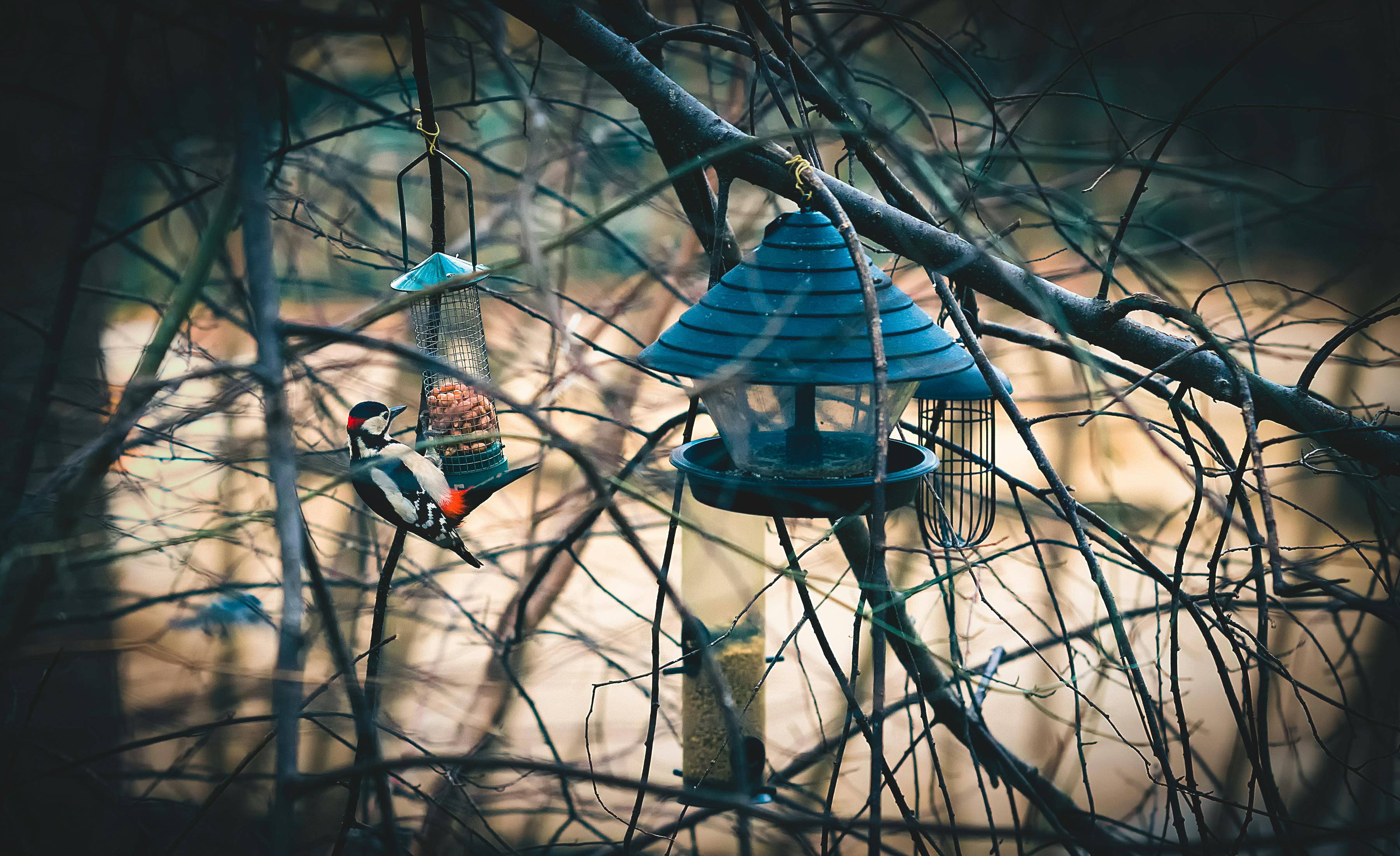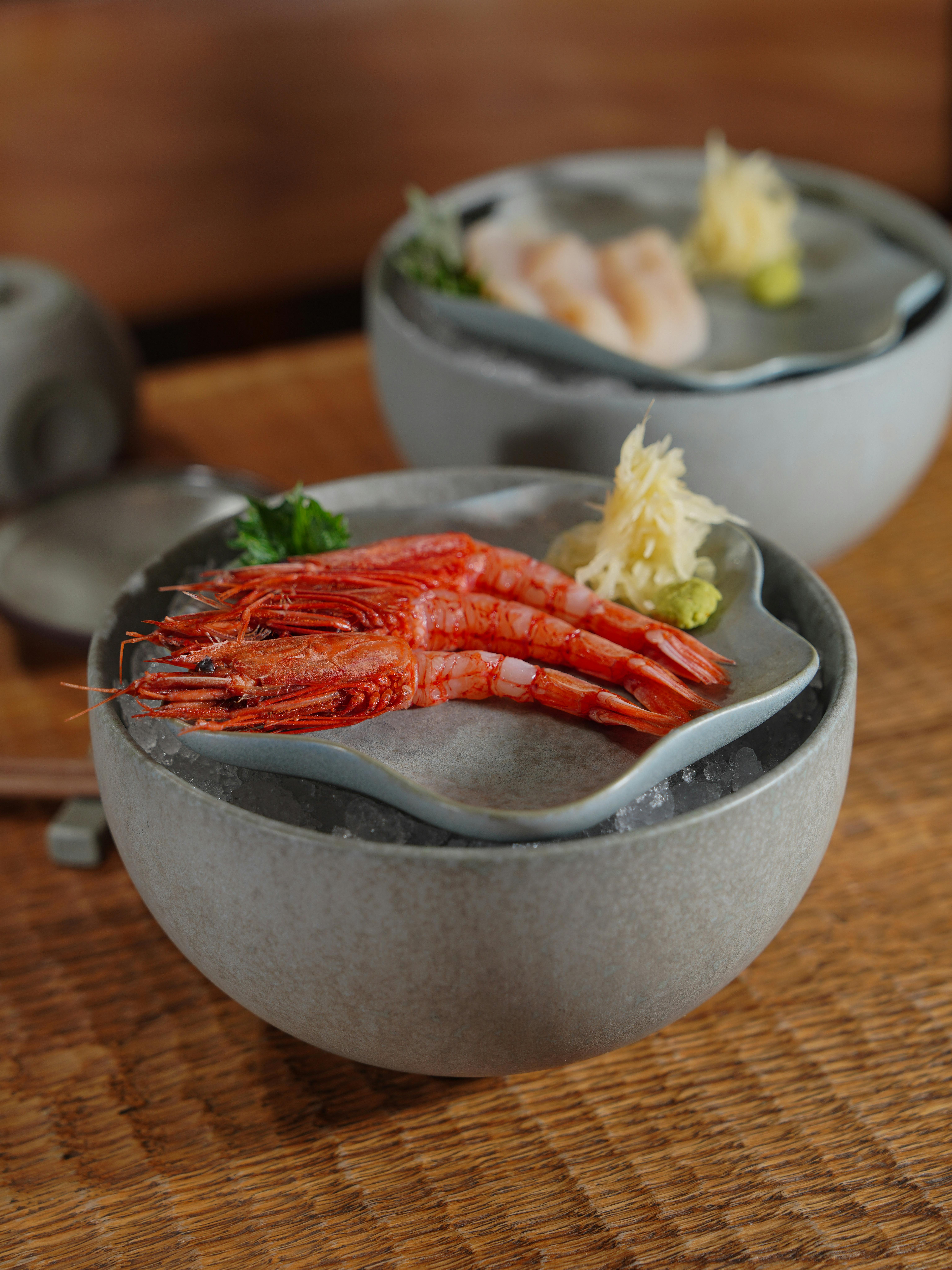Curiosity often strikes us when it comes to our dogs’ diets, especially when it comes to human foods. One particular question that may have crossed our minds is, “Can dogs eat chana?” Also known as chickpeas, these legumes are a staple in many cuisines worldwide. In this article, we will explore the potential benefits and risks of feeding chana to our furry friends, shedding light on whether it is a safe and nutritious addition to their diet. Join us as we uncover the answer to this intriguing question, ensuring the well-being of our four-legged companions.

Understanding What Chana Is
Definition of Chana
Chana, also known as chickpeas, is a legume that has been a staple in many diets around the world for centuries. It is a member of the Fabaceae family and is widely cultivated for its nutritious seeds. Chana is commonly used in various dishes, including soups, stews, salads, and as an ingredient in hummus.
Nutritional Values of Chana
Chana is highly regarded for its impressive nutritional profile. It is a rich source of protein, fiber, vitamins, and minerals. A single cup of cooked chana contains approximately 15 grams of protein, making it an excellent plant-based protein option. It is also packed with dietary fiber, which aids in digestion and promotes a healthy gut. Chana is a good source of iron, folate, magnesium, and potassium, which are all essential for maintaining overall health.
Different Types of Chana
There are various types of chana available, each with its own unique characteristics and flavors. The most common types include:
-
Kabuli Chana: This is the most widely recognized type of chana, often referred to as “white chickpeas.” It is larger in size, with a smooth and creamy texture. Kabuli chana is commonly used in dishes such as chana masala and hummus.
-
Desi Chana: Also known as “black chickpeas,” desi chana is smaller in size and has a rougher texture compared to kabuli chana. It is commonly used in dishes like chole and is known for its earthy flavor. Desi chana is a popular choice in Indian cuisine.
-
Green Chana: Green chana is harvested at an early stage when it is still tender and green in color. It has a mild and fresh flavor, making it a great addition to salads or stir-fried dishes.
Can Dogs Eat Chana?
The Controversy Surrounding Dogs and Chana
When it comes to feeding chana to dogs, there is some controversy among pet owners and experts. Some argue that dogs can safely consume chana in moderation, while others believe it may pose risks to their health. It is important to understand the potential benefits and concerns before incorporating chana into your dog’s diet.
Health Experts Opinion On Dogs Consuming Chana
Opinions among health experts regarding dogs and chana consumption are varied. Some veterinarians believe that chana can be a nutritious addition to a dog’s diet when fed in moderation. They emphasize the importance of cooking the chana thoroughly to improve digestibility for dogs. However, it is essential to consult with your veterinarian to determine if chana is suitable for your specific dog based on their individual health needs.
Possible Well-being Concerns for Dogs Eating Chana
While chana can offer nutritional benefits, there are potential concerns associated with dogs consuming chana. One major consideration is the risk of digestive upset. Raw or undercooked chana can be difficult for dogs to digest and may lead to gastrointestinal issues such as bloating, gas, or diarrhea. Additionally, some dogs may have allergies or sensitivities to legumes like chana, which can cause adverse reactions.

Benefits of Chana for Dogs
Nutritional Components in Chana Beneficial to Dogs
Chana contains several nutritional components that can be beneficial to dogs. The high protein content in chana can help support muscle development and repair. The fiber found in chana promotes healthy digestion and can help regulate bowel movements. Chana also provides essential vitamins and minerals that contribute to a dog’s overall well-being.
Specific Health Benefits of Chana to Dogs
In addition to its general nutritional benefits, chana can offer specific health advantages to dogs. The fiber in chana can aid in weight management by promoting a feeling of fullness and supporting a healthy metabolism. Its high iron content is also beneficial for dogs, as iron is essential for the production of hemoglobin and healthy red blood cells.
Side Effects of Chana for Dogs
Potential Health Risks associated with Chana Consumption for Dogs
Despite the potential benefits, there are certain side effects and health risks associated with dogs consuming chana. As mentioned earlier, uncooked or undercooked chana can be difficult for dogs to digest and may lead to gastrointestinal upset. Excessive consumption of chana can also cause flatulence and abdominal discomfort in dogs. Additionally, chana contains carbohydrates, so excessive intake can contribute to weight gain or exacerbate existing weight issues in dogs.
Allergenic Concerns related to Dogs Eating Chana
Allergies to legumes, including chana, are not uncommon in dogs. Some dogs may develop allergic reactions after consuming chana, which can manifest as skin irritations, itching, excessive licking or scratching, and gastrointestinal disturbances. If your dog shows any signs of an allergic reaction, it is crucial to discontinue feeding chana and consult with a veterinarian.

Safe Ways for Dogs to Consume Chana
The Amount of Chana Suitable for Dogs
When feeding chana to dogs, it is important to do so in moderation. As a general guideline, chana should only make up a small portion of your dog’s overall diet. It is recommended to consult with your veterinarian to determine the appropriate portion size based on your dog’s size, breed, and individual dietary needs.
How to Prepare Chana to be Dog Friendly
To make chana more suitable for dogs, it is essential to cook it thoroughly. Raw or undercooked chana can be challenging for dogs to digest and may cause digestive issues. Boiling or pressure cooking chana until it becomes soft and easily mashable can help improve its digestibility. Avoid using any seasonings, spices, or additives that can be harmful to dogs, such as onion or garlic.
Chana as a Treat for Dogs
How Often Should You Give Your Dog Chana as a Treat?
Chana can be incorporated into a dog’s diet as an occasional treat. As a high-fiber food, it is important not to overindulge dogs in chana, as excessive fiber intake can lead to digestive disturbances. Treats should comprise a small portion of a dog’s overall caloric intake, and it is recommended to limit chana treats to once or twice a week.
Healthier Ways to Integrate Chana into Your Dog’s Treat Schedule
Instead of giving chana as a standalone treat, it can be combined with other dog-friendly ingredients to create a healthier treat option. Chana can be mashed or pureed and mixed with lean proteins, such as boiled chicken or turkey, to create homemade dog treats. Just ensure that the treats are prepared without any added seasonings or harmful ingredients.
Signs Your Dog May be Allergic to Chana
Common Symptoms of Chana Allergies in Dogs
If your dog has an allergy to chana, they may exhibit various symptoms. Common signs of chana allergies in dogs include itching, redness, swelling, hives, vomiting, diarrhea, and respiratory distress. These symptoms can range from mild to severe, and it is important to seek veterinary attention if any allergic reactions are observed.
Actions to Take if Your Dog Shows Symptoms of Chana Allergies
If your dog shows signs of chana allergies, it is crucial to discontinue feeding chana immediately and consult with a veterinarian. They can perform tests to confirm the allergy and recommend appropriate treatment options, including dietary modifications and the use of medication to manage allergic symptoms.
Alternative Legumes for Dogs
Other Legumes that are Safe for Dogs
If you are concerned about feeding chana to your dog or your dog has a chana allergy, there are alternative legumes that are safe for dogs to consume. Some legumes that are generally well-tolerated by dogs include lentils, green peas, and black beans. These legumes offer similar nutritional benefits to chana and can be used as alternatives in dog-friendly recipes.
The Nutritional Benefits of these Alternative Legumes
Similar to chana, alternatives like lentils, green peas, and black beans provide dogs with a good source of plant-based protein and dietary fiber. These legumes also contain essential vitamins and minerals that contribute to a dog’s overall health. By incorporating a variety of legumes into a dog’s diet, you can provide a well-rounded nutritional profile while avoiding potential allergy triggers.
Seeking Professional Advice
The Role of a Vet in Your Dog’s Diet
A veterinarian plays a vital role in ensuring the health and well-being of your dog, including their dietary needs. It is important to consult with a vet before making any significant changes to your dog’s diet or introducing new foods like chana. They can provide personalized advice based on your dog’s specific health requirements, potential allergies, and any underlying conditions.
When to Seek Professional Advice Concerning Your Dog’s Diet
If you have concerns or questions regarding your dog’s diet, it is best to consult with a veterinarian. They can provide guidance on appropriate portion sizes, nutritional requirements, and any potential risks associated with specific foods. Seeking professional advice ensures that you make informed decisions and prioritize your dog’s health.
Case Studies of Dogs Eating Chana
General Observations from the Case Studies
Case studies involving dogs consuming chana provide insights into the potential effects and outcomes. While individual cases may vary, common observations include positive outcomes when dogs consume chana in moderation and negative consequences when chana is fed excessively or in large quantities. Digestive upset and allergic reactions were among the issues reported in some cases.
Conclusions Drawn from the Case Studies
Based on the case studies, it is important to exercise caution when feeding chana to dogs. Moderation is key, and it is crucial to monitor for any adverse reactions or changes in your dog’s health. Consulting with a veterinarian can help determine if chana is suitable for your dog and assist in creating an appropriate dietary plan.
In summary, while chana can provide certain nutritional benefits to dogs, it is essential to consider individual health needs, potential allergies, and moderation when incorporating chana into your dog’s diet. Always consult with a veterinarian for personalized advice and guidance to ensure your dog’s well-being.




